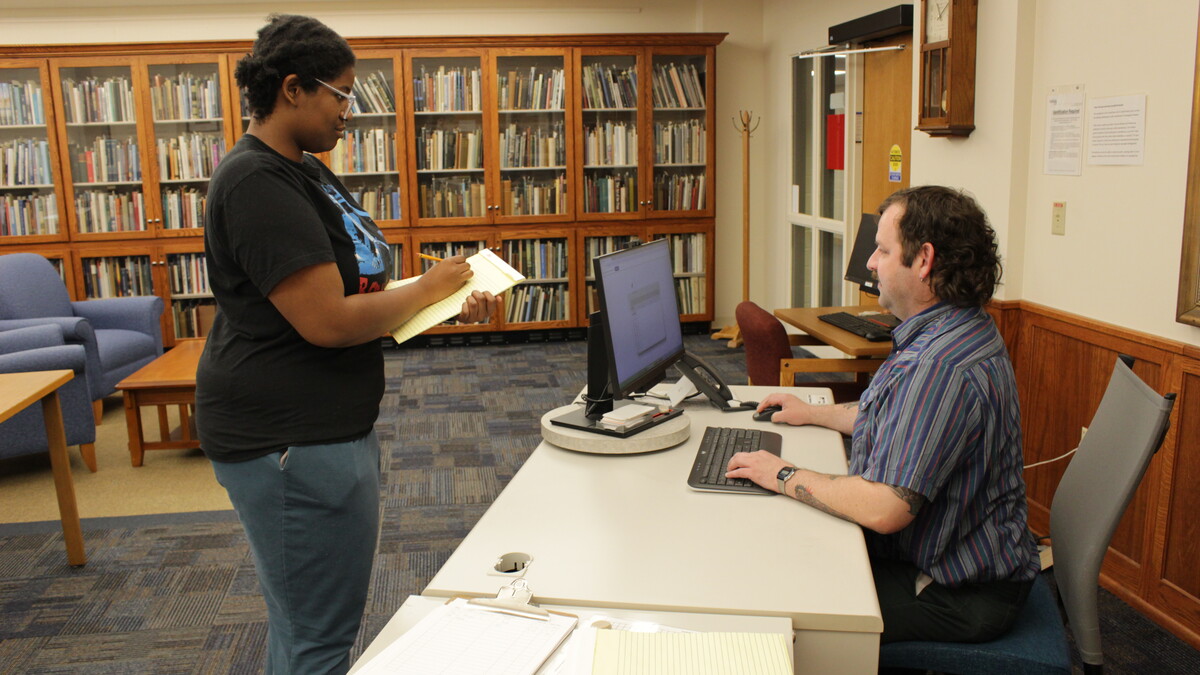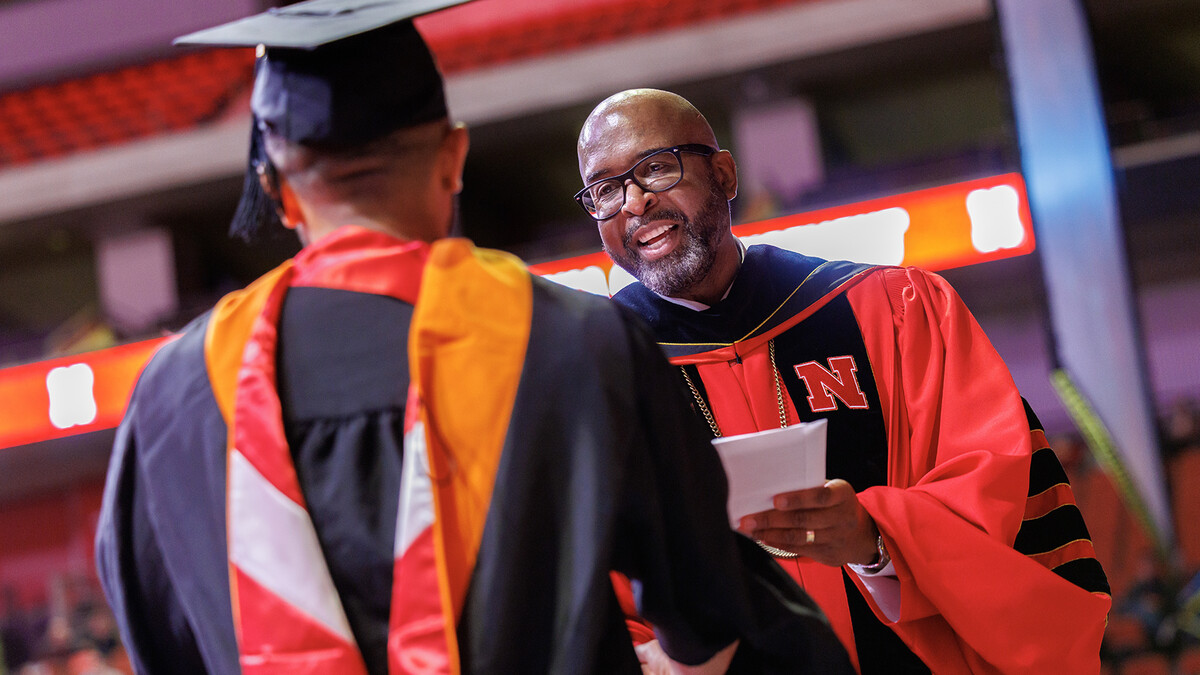University Theatre, the academic training production program at UNL’s Johnny Carson School of Theatre and Film, opens its 2014-2015 season with “Unity (1918)” by Kevin Kerr, directed by assistant professor Ian Borden.
Performances are at 7:30 p.m. on Oct. 9-11 and Oct. 14-18 and at 2 p.m. on Oct. 19 in the Studio Theatre, first floor of the Temple Building.
Tickets are general admission and are available at the Lied Center ticket office or online. Tickets are $16 for the general public, $14 for faculty/staff/senior citizen and $10 for students with ID. Lied Center ticket office hours are 11 a.m. to 5:30 p.m. Monday through Friday. Call the ticket office at 402-472-4747 or 800-432-3231 to pay with Visa/Mastercard. Available tickets will also be available for purchase one hour prior to curtain in the Temple Lobby. Seating is limited in the Studio Theatre, so reservations are recommended. There will be no late seating once the performance has started.
“Unity (1918)” is a play about small-town life on the prairies of Canada, Saskatchewan to be exact, during the final few weeks of World War I. The world was trying to recover from years of war when it was suddenly faced with the mysterious and deadly “Spanish Flu.” The illness struck the young and the old, the infirm and the healthy, and rapidly advanced toward mortality for those it affected. This pandemic created more terror and panic than the war, and more people died from this terrible disease than during all the years of war.
At the center of the action is how the community of Unity struggles with life when many of the men are away at war, and how, mainly the women, learn to deal with the epidemic. As fear permeates, the citizens take drastic means, quarantining their town in an attempt to keep the illness out. Trains are rerouted, and borders are sealed. Overseas mail that may potentially carry the virus is gathered and burned. Despite all precautions, the illness descends turning the citizens against each other in order to place the blame for this crisis on someone.
It is Beatrice Wilde, the eldest daughter of the central family in the play, who steps up to take care of the town, putting the needs of others before her own. Her thoughts are revealed to the audience through her journal. The primary male character is Hart who was blinded by mustard gas and has just returned from the war to find his entire family has died. He struggles to discover the meaning of his role in the war and in the community.
The play is filled with dark comedy as it embraces life at the edge of death.
“This play has many personal connections for me. I think of my mother’s stories of Saskatchewan and her knowing it was time to leave when she was walking without her coat at 20 degrees below zero. I think of my great uncles who fought in World War I – Bill, who volunteered when he was 15, and Norman, who (much as the character Hart does in the play) suffered through a mustard gas attack. And even though I grew up on the coast, I think of the hugeness of the Canadian prairie and how it helps define national identity,” said Borden, a native of Canada.
Borden continued, “However, the play resonates with me so much more since I moved to Nebraska… Unity could be anywhere on the plains, north or south of the border. It is any town that has to rise up to fight off catastrophe, any town that needs to find unlikely heroes, and any town that must find a way to come together.”
Kirstie Smith plays Wilde and Tony Thomas plays Hart. Both Smith and Thomas are senior Theatre majors in the Performance emphasis and are performing their roles as partial fulfillment of their capstone projects. Other cast members are Brenna Hill, Mercades Price, Jessica DeBolt, Katie Hoppe, Michele Ingle, Will Voelker and Michael Barth. The production is designed by Victoria Halverson, scenic; Megan Cudd, costumes; Joe Shea, sound; and Steven J. Miller, lighting. Miller is designing this production in partial fulfillment of his Master of Fine Arts Degree in Design. The production is stage managed by Henry O’Neal. Assistant director is Emily Kuklinski, and house management is by Bryan Howard.







